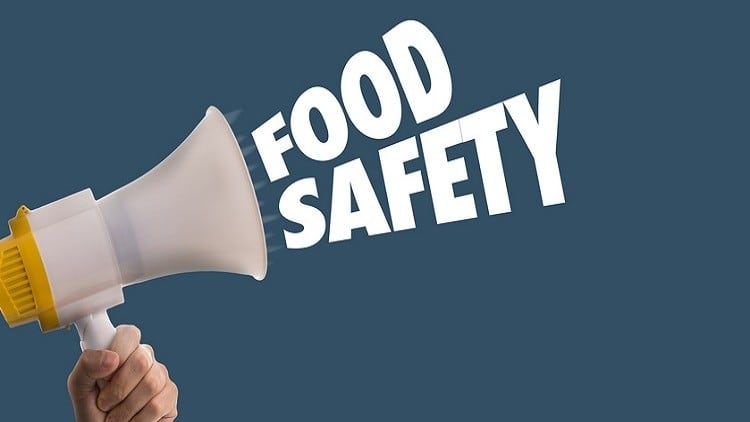Steven Jaffee, Lead Agriculture Economist with the World Bank’s Agriculture Global Practice, presented his research findings on how food safety could affect the world’s economy at the Food Industry Asia (FIA) Lunch Series session held in collaboration with the World Bank.
“Food safety is a mainstream economic development issue, although it is not generally recognised as such, because when food safety rise up on the agenda, it is largely a trade issue,” Jaffee said during his presentation.
Citing the examples in Asia, he pointed out that while the region’s export of high value food was increasing, there is also a “disproportionate level of border rejection on the basis of food safety concerns”.
Specifically, cases of border rejections were dominated by 10 to 15 countries, including China, Indonesia, Thailand, and Vietnam, countries that export the largest shares of high-value foods, such as fish, animal products, fruits and vegetables, nuts and spices.
Other than commercial losses, there is also the issue of domestic productivity losses in terms of illnesses, disabilities, and premature deaths in a country.
In this case, findings have showed that China topped the list of domestic productivity loss with losses of $30bn a year, while that of Asia as a whole was $70bn.
Public health burden
Food borne diseases (FBD) are contributing to public health burden to a point where they are comparable with tuberculosis, HIV/AIDS, and Malaria, the big three illnesses that attract most of the public health resources.
The situation could be seen in China, where the Disability Adjusted Life Years (DALY) lost due to FBD was 272,000 years, larger than the other big three illnesses combined at 216,000 years, Jaffee pointed out.
India is another country that is experiencing public health burden from FBD, with FBD accounting for 720,000 DALY lost.
On the other hand, China alone accounts for over US$30bn of the total global burden of FBD in all low middle income countries.
“Emerging Asia dominates the global burden of food-borne illnesses, it accounts for about half of the estimated diseases worldwide and 60% of the deaths have been attributed to food-borne diseases,” Jaffee said.
Opportunities
Against the backdrop of a burgeoning well-educated middle-class, focusing on food safety could be an opportunity and selling point for manufacturers.
“In Asia, we have a growing middle class that is more concerned and more articulating, so it is a massive market for farmers and firms and to meet quality of food safety standards,” Jaffee said.
He said that with urbanisation and a shift in dietary habits, there was an ever greater need to pay attention to food safety.
“(Today), we have unprecedented rates of urbanisation. We have dramatic changes in our diets, with more moving towards processed food and out of home eating, and so you have this movement of people that are dependent entirely on the food system and what they are eating is exposing them to potentially higher broader range of FBD.”
However, much has to be done to improve food safety due to capacity gaps.
Citing a survey result from China, it was found that “at the small and micro enterprises level, you have a lot of companies struggling to comply (with food safety standards) because of (a lack of) knowledge and cost.”
Moving forward, Jaffee said that the solution to meet food safety was “not only about investment, but a paradigm shift,” where consumers, businesses, and government shared the responsibility of achieving food safety.





